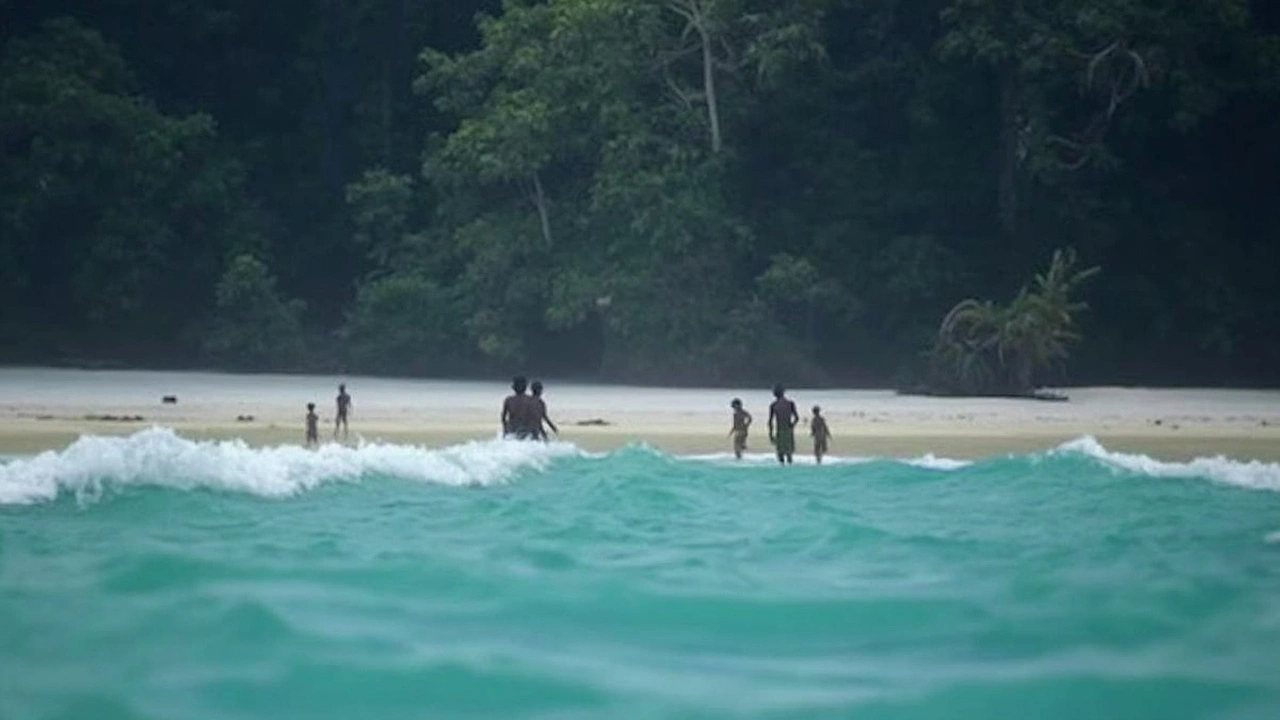Indigenous Protection: Why It Matters and How You Can Help
When you hear the word “indigenous,” you might picture remote forests, traditional songs, or ancient art. Behind those images are real people fighting to keep their homes, languages, and ways of life alive. Their land often holds the planet’s most important ecosystems, and their knowledge can guide sustainable solutions. Yet many communities face mining, deforestation, and policies that ignore their rights. Understanding the issue is the first step to making a difference.
What Threats Are Indigenous Communities Facing?
Every day, corporations and governments move into territories that belong to indigenous groups. Large‑scale mining can pollute rivers that families depend on for drinking water. Logging and agribusiness clear forests, pushing wildlife and the people who protect it into crisis. Climate change also hits hard—rising sea levels threaten coastal tribes, while altered weather patterns disrupt hunting and farming cycles.
Legal protection exists on paper, like the UN Declaration on the Rights of Indigenous Peoples, but enforcement is often weak. In many places, consent is ignored; projects go ahead without the free, prior, and informed consent of the affected community. When rights are dismissed, cultural practices, languages, and even entire ways of living can disappear within a generation.
How You Can Support Indigenous Protection
You don’t need to be an activist to help. Start by listening to indigenous voices—watch interviews, read articles authored by community members, and follow their social media. When you shop, look for products that are certified fair‑trade or sourced directly from indigenous producers. Supporting these businesses keeps money in the community and validates their stewardship of the land.
Donate to reputable organizations that fund land‑rights campaigns, language revitalization programs, or legal aid. Even a small monthly contribution can help a tribe fight a legal battle or purchase land to protect a sacred site. If you’re a student or teacher, bring indigenous topics into class discussions to raise awareness among peers.
Finally, use your vote and voice. Ask local representatives about their stance on indigenous land rights. Sign petitions that demand stricter environmental reviews before any development starts on tribal territories. The more pressure placed on decision‑makers, the harder it becomes for them to overlook indigenous concerns.
Protecting indigenous peoples isn’t just a moral duty; it’s smart for the planet. Their traditional knowledge offers clues for sustainable agriculture, forest management, and climate resilience. By standing with them, you help safeguard biodiversity, cultural richness, and a future where everyone can thrive.
